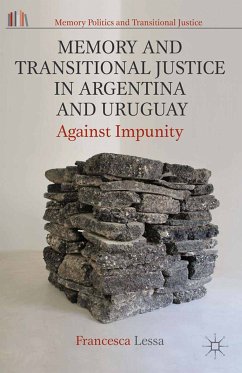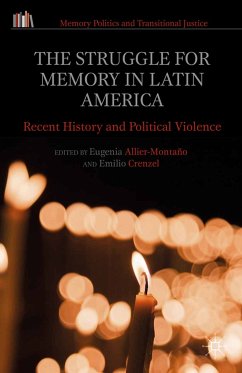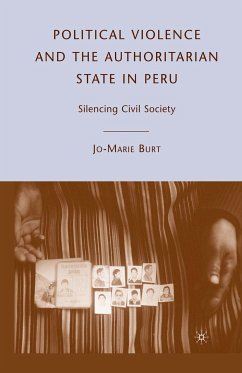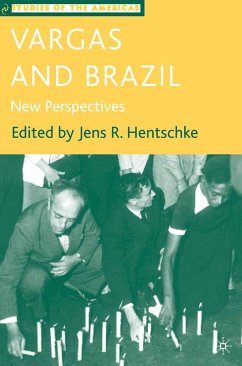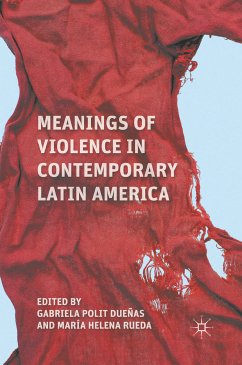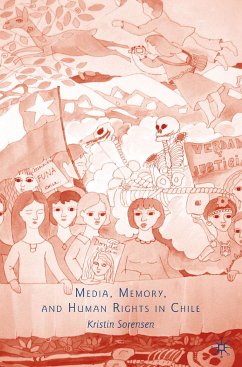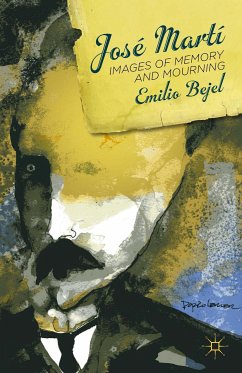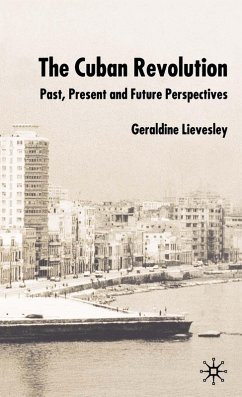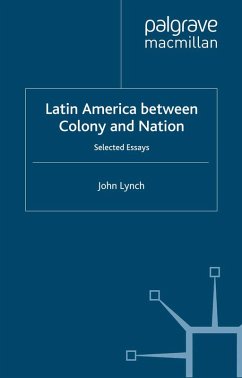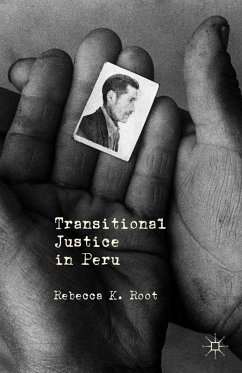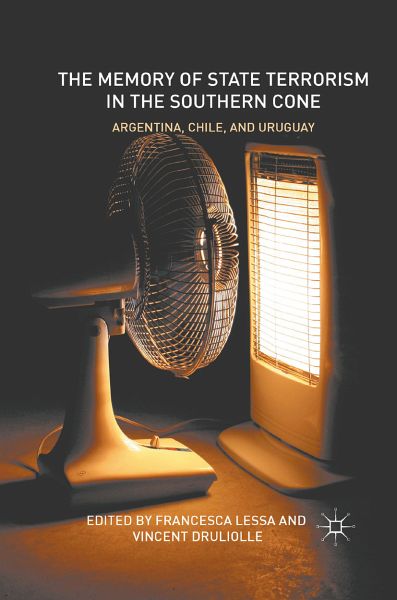
The Memory of State Terrorism in the Southern Cone (eBook, PDF)
Argentina, Chile, and Uruguay
Versandkostenfrei!
Sofort per Download lieferbar
40,95 €
inkl. MwSt.
Weitere Ausgaben:

PAYBACK Punkte
20 °P sammeln!
Through various lenses and theoretical approaches, this book explores the contested experiences, meanings, realms, goals, and challenges associated with the construction, preservation, and transmission of the memories of state repression in Argentina, Chile, and Uruguay.
Dieser Download kann aus rechtlichen Gründen nur mit Rechnungsadresse in A, B, BG, CY, CZ, D, DK, EW, E, FIN, F, GR, HR, H, IRL, I, LT, L, LR, M, NL, PL, P, R, S, SLO, SK ausgeliefert werden.



